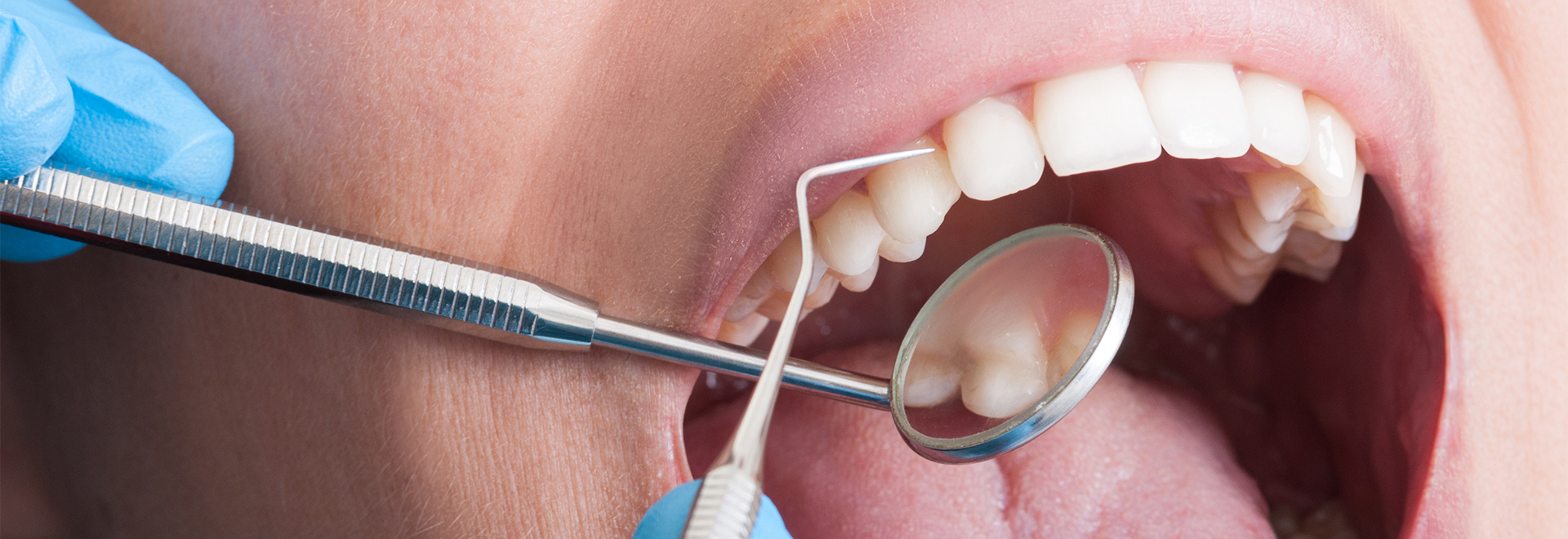Teeth scaling refers to removing dental plaque, calculus (or tartar), and stains from the tooth surface by using various professional tools. Even though you brush and floss your teeth every day, you cannot clean your teeth thoroughly. To prevent any oral diseases, you should regularly visit your dentist and have a ‘deep cleaning’ on your teeth.
Procedures of Scaling
Scaling usually involves four procedures:
- Use an ultrasonic cleaning device to remove plaque, calculus, or stain from the tooth surfaces.
- Use a tartar scraper to loosen small tartar.
- Use a spinning polishing cup/brush to clean the surface of your teeth at high speed. It can remove stains and smoothen the teeth surface.
- Apply fluoridated gel to strengthen the teeth.
Many may misunderstand that scaling involves tooth whitening, but it actually doesn’t. Although scaling can remove stains on the tooth surface, it cannot deal with yellowing, pigmentation, and enamel discoloration. If you want to have your teeth whitened, you may need to consider a teeth whitening treatment instead.
Prevent Periodontal Disease Through Teeth Scaling
As mentioned, brushing and flossing daily cannot thoroughly remove all the plaque. Without proper cleaning, the plaque may easily accumulate in the teeth, gum margins, and tooth surface, leading to bacterial infection. Your gums and roots may also separate and create ‘periodontal pockets.’ These extra spaces lure plaque accumulation as food residue easily remains there. If such situations persist, periodontal disease may be developed. Severe periodontal disease destroys surrounding gum tissue and causes atrophy of the gums. Without a strong foundation, your teeth will become loose, dislocated or eventually fall off.
Fees of Teeth Scaling
Teeth scaling is generally charged from HK$400 - 1,000 among dental clinics in Hong Kong. The procedures are performed by trained dental hygienists or dentists. Normally, it costs more if it is handled by a dentist. Some clinics may have extra charges for any oral check-ups, so please contact your clinic before having your teeth scaled.
Intervals between Teeth Scaling
For healthy kids and adults, it is advised to have teeth scaling and oral examination twice a year to lower their risk of any oral diseases. Individuals who smoke, wear dentures or undergo orthodontic treatment should have their teeth clean via scaling more often. Please consult your doctor if needed.
Is Everyone Suitable for Teeth Scaling?
Not everyone is suitable to receive teeth scaling. If you have the conditions below, you should seek medical advice beforehand for your safety.
- Pulmonary dysfunction or lung disease: Teeth scaling may irritate the trachea, causing dangers such as airway obstruction.
- Pacemaker users: Electronic tools used in scaling may affect the pacemakers’ operation.
- Abnormal coagulation function: Those taking anticoagulant drugs or with hemophilia may keep bleeding due to tooth cleaning.
- Cardiovascular diseases: Individuals with bacterial endocarditis or congenital heart disease may have a bacterial infection because of teeth scaling.
Things to Take Notes after Teeth Scaling
You may experience a bit of discomfort and soreness after teeth scaling. No worries. It is completely normal. Your gum may bleed with slight numbness since your dentist needs to clean your gums, gum margins, and necks of your teeth. If you do not have your teeth scaled for a long while or have a lot of tartar, it is common to feel sorer. Those with sensitive teeth or periodontal disease may experience even greater discomfort afterward.
Generally, the discomfort and soreness fade away in several days. If the condition persists, you should try using anti-sensitive toothpaste and avoid eating cold or sour foods which may irritate your teeth. Please visit your dentist again if you do not feel better after trying so.

